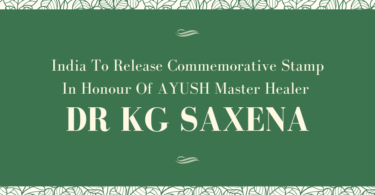Stuttgart, 26 November 2019: The 2019 Hans Walz Award for research on the history of homoeopathy went to Dr Ines Winterhagen. Since 2003 the Institute for the History of Medicine of the Robert Bosch Foundation has awarded the international prize worth 1,500 Euros in order to promote research on the history of homoeopathy outside the Institute and honour outstanding work in this field. On 22 November 2019, the award was handed over in a special ceremony.
As such, the award is awarded for the first time for a research work dealing with the history of pharmacies and of pharmaceutical aspects of homoeopathy. Winterhagen studied pharmacy at the Philipps-Universität Marburg and has been working as a pharmacist in various public pharmacies in Rhineland-Palatinate and Baden-Württemberg since 2003. She is also a member of the Education and Training Committee and the Examination Committee of the Landes-Apothekerkammer Baden-Württemberg.
The award-winning PhD- thesis entitled “Homöopathische Apotheken in Württemberg von den Anfängen bis zum Ersten Weltkrieg” (“Homeopathic Pharmacies in Württemberg from the Beginning to the First World War”) was supervised at the Technical University of Braunschweig. On the basis of a previously unused recipe collection of a pharmacy in Schwäbisch Hall and other sources, Winterhagen impressively traces the history of homoeopathic pharmacies and their products in relation to factors such as physicians, the state and the laity.
The award is funded by the Hans Walz Foundation which has been an integrative part of the Robert Bosch Foundation since 1985. Hans Walz (1883-1974) worked closely with Robert Bosch Sr and was for many years managing director of the Robert Bosch Company and a trustee of Stuttgart Homeopathic Hospital. Throughout his life, he was committed, professionally as well as personally, to the advancement of homoeopathy.
The Institute for the History of Medicine of the Robert Bosch Foundation (IGM) with domicile in Stuttgart was established in 1980 and is the only organization of its kind without university affiliation in Germany. Its main field of research is the social history of medicine and the history of homoeopathy. The Institute is home to a library of over 60,000 volumes and the Homeopathy Archives which hold Samuel Hahnemann’s estate as well as records of national and international homoeopathic organizations.





